
Satu Mare: A Hidden Gem in Northwestern Romania
Satu Mare is a charming city in northwestern Romania, known for its rich history and vibrant culture. Nestled near the borders of Hungary and Ukraine, Satu Mare offers a unique blend of cultural influences that make it a fascinating destination for travelers. The city boasts a variety of architectural styles, from Gothic and Baroque to Art Nouveau, reflecting its diverse past and heritage. One of the must-see landmarks in Satu Mare is the Firemen's Tower, a 45-meter high structure that offers panoramic views of the city. Built in the 19th century, this tower is a testament to the city's historical significance and resilience. Another highlight is the Roman Catholic Cathedral, an elegant structure with stunning interiors that showcases the city's religious heritage. For those interested in nature, Satu Mare is surrounded by beautiful landscapes and natural attractions. The Somes River, which flows through the city, provides a picturesque setting for leisurely walks and picnics. Nearby, the Negresti-Oas region offers a glimpse into traditional Romanian village life, complete with folk museums and local crafts. Food lovers will find plenty to enjoy in Satu Mare, with its array of local restaurants serving delicious Romanian cuisine. Be sure to try traditional dishes like sarmale (cabbage rolls) and mici (grilled sausages). The city's lively markets are also a great place to sample fresh produce and regional specialties. Overall, Satu Mare is a destination that promises a rich cultural experience, scenic beauty, and warm hospitality, making it a perfect spot for a memorable getaway.
Local tips in Satu Mare
- Visit the Firemen's Tower early in the morning to avoid crowds and get the best views of the city.
- Take a stroll along the Somes River for a relaxing experience and beautiful photo opportunities.
- Explore the local markets to taste fresh produce and traditional Romanian foods.
- Consider renting a car if you plan to visit nearby villages and natural attractions.
- Learn a few basic Romanian phrases; locals appreciate the effort and it can enhance your experience.
Satu Mare: A Hidden Gem in Northwestern Romania
Satu Mare is a charming city in northwestern Romania, known for its rich history and vibrant culture. Nestled near the borders of Hungary and Ukraine, Satu Mare offers a unique blend of cultural influences that make it a fascinating destination for travelers. The city boasts a variety of architectural styles, from Gothic and Baroque to Art Nouveau, reflecting its diverse past and heritage. One of the must-see landmarks in Satu Mare is the Firemen's Tower, a 45-meter high structure that offers panoramic views of the city. Built in the 19th century, this tower is a testament to the city's historical significance and resilience. Another highlight is the Roman Catholic Cathedral, an elegant structure with stunning interiors that showcases the city's religious heritage. For those interested in nature, Satu Mare is surrounded by beautiful landscapes and natural attractions. The Somes River, which flows through the city, provides a picturesque setting for leisurely walks and picnics. Nearby, the Negresti-Oas region offers a glimpse into traditional Romanian village life, complete with folk museums and local crafts. Food lovers will find plenty to enjoy in Satu Mare, with its array of local restaurants serving delicious Romanian cuisine. Be sure to try traditional dishes like sarmale (cabbage rolls) and mici (grilled sausages). The city's lively markets are also a great place to sample fresh produce and regional specialties. Overall, Satu Mare is a destination that promises a rich cultural experience, scenic beauty, and warm hospitality, making it a perfect spot for a memorable getaway.
When is the best time to go to Satu Mare?
Iconic landmarks you can’t miss
Aquastar Satu Mare
Discover Aquastar Satu Mare, Romania's premier water park offering thrilling slides, relaxing pools, and family-friendly fun for an unforgettable day out.
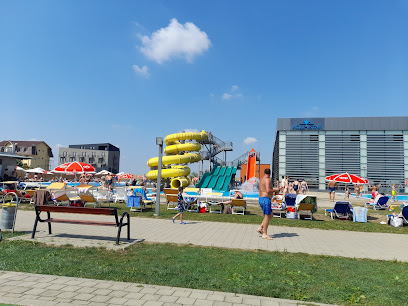
Satu Mare Central Park
Discover tranquility at Satu Mare Central Park, a lush oasis perfect for relaxation, picnics, and vibrant community events in the heart of Satu Mare.
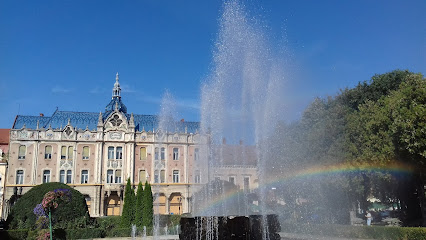
Grădina Romei
Discover the tranquil beauty of Grădina Romei, Satu Mare's enchanting city park filled with diverse flora and serene pathways ideal for relaxation.
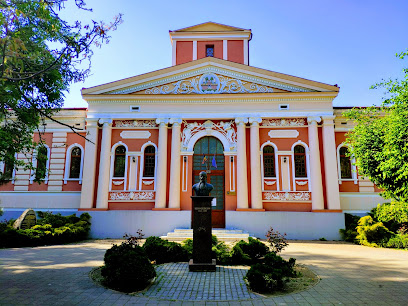
No Pardon Pub
Discover vibrant flavors and a lively atmosphere at No Pardon Pub, a top dining destination in Satu Mare for tourists and locals alike.
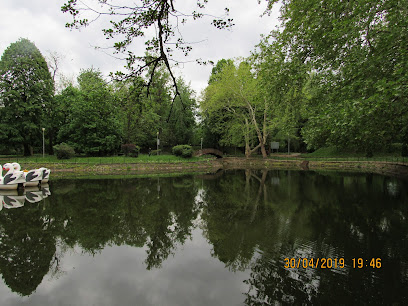
Borsalino
Discover the flavors of Satu Mare at Borsalino, a top fast food destination offering a delightful mix of local and international dishes.
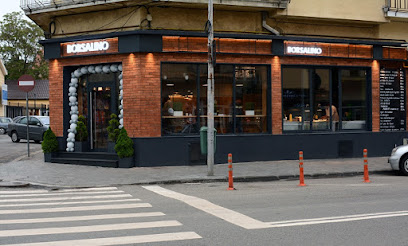
Teatrul de Nord
Discover the cultural richness of Satu Mare at Teatrul de Nord, where captivating performances bring the spirit of Romanian arts to life.
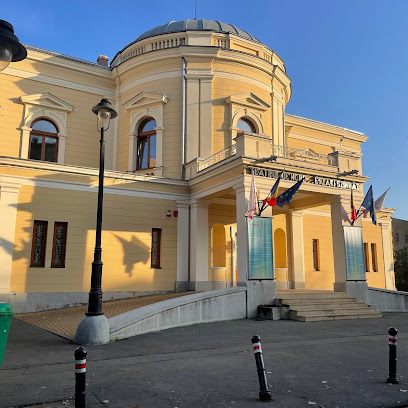
MOL
Discover convenience and local flavors at MOL Gas Station in Satu Mare, your essential stop for fuel and travel supplies.
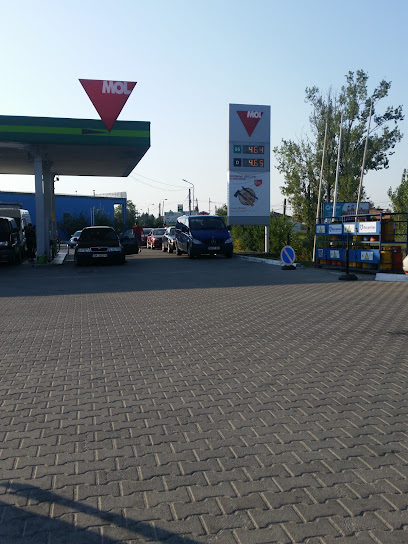
New York
Discover New York Café in Satu Mare for an exceptional coffee experience in a cozy atmosphere, perfect for relaxation and socializing.
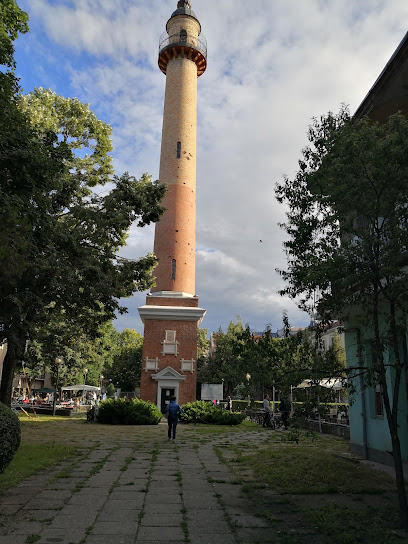
Lebăda
Discover Lebăda in Satu Mare: Your go-to destination for quality building materials and local craftsmanship, enriching your travel experience.
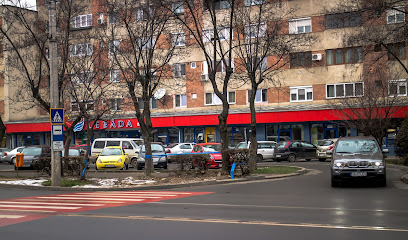
County Museum
Explore the County Museum in Satu Mare, a captivating destination showcasing the region's rich history, art, and ethnography.
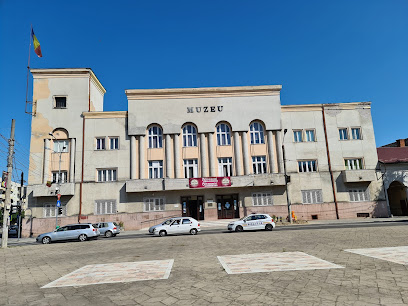
The LINE
Discover the delightful atmosphere of The LINE in Satu Mare, offering exceptional coffee, cocktails, and a serene park setting.

Mesopotamia
Discover Mesopotamia in Satu Mare, a fast food restaurant offering a diverse menu in a warm and inviting atmosphere, perfect for every food lover.
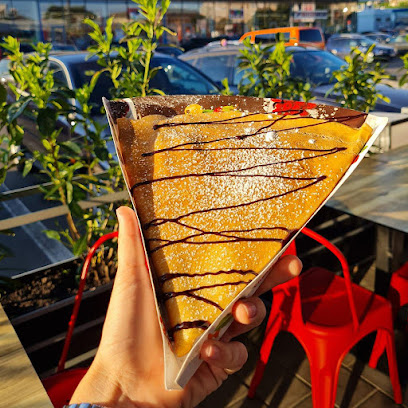
Samfero
Explore Samfero in Satu Mare, where creativity meets quality supplies for all your DIY projects. Discover endless crafting possibilities today!
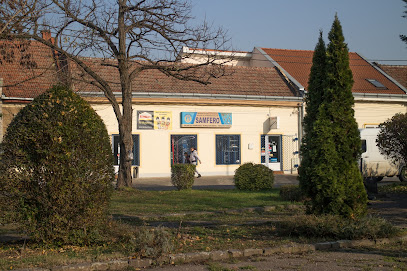
ClaTos
Discover the delightful flavors of ClaTos in Satu Mare, where crêpes meet creativity for a perfect breakfast or brunch experience.
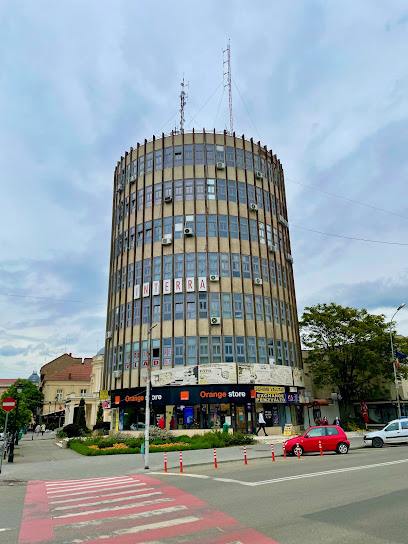
Aeroportul Internațional Satu Mare
Discover the gateway to Transylvania at Aeroportul Internațional Satu Mare, where modern travel meets rich cultural experiences.
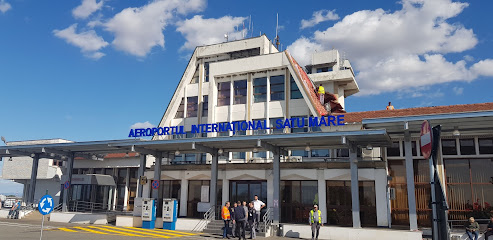
Unmissable attractions to see
Satu Mare Central Park
Explore the natural beauty and vibrant atmosphere of Satu Mare Central Park, a tranquil oasis in the heart of the city.
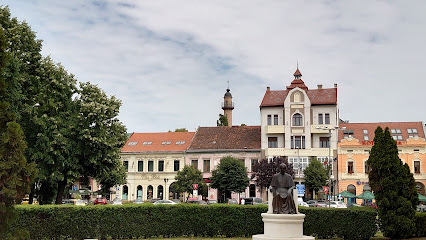
Grădina Romei
Explore the lush landscapes, tranquil lake, and family-friendly features of Grădina Romei, Satu Mare's ultimate urban oasis for relaxation and fun.
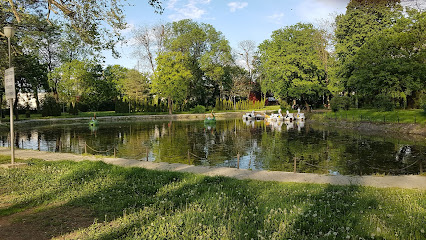
Ascension Cathedral Satu Mare
Explore the stunning Ascension Cathedral in Satu Mare, a neo-Gothic masterpiece showcasing Romania's rich spiritual and cultural history.
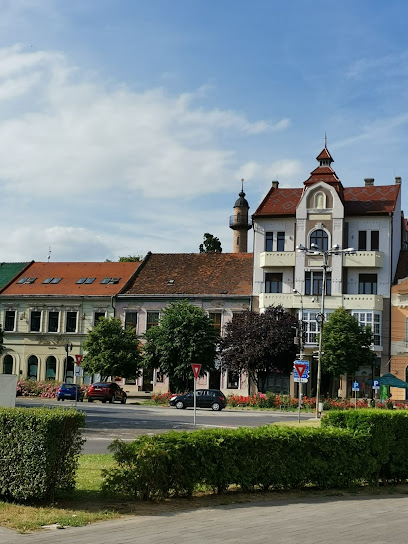
Parcul Liniștii
Discover the serene beauty of Parcul Liniștii in Satu Mare, a lush urban park perfect for relaxation, recreation, and family fun.
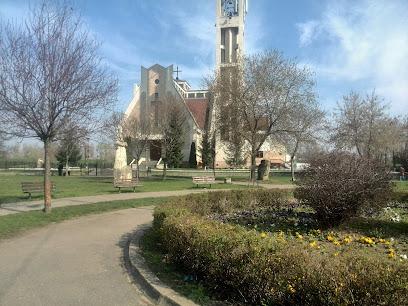
County Museum
Explore the County Museum in Satu Mare for a deep dive into local history and culture through fascinating exhibits and engaging collections.
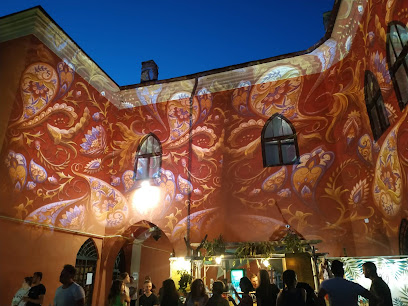
Brândușa Park
Explore the natural beauty and tranquility of Brândușa Park, a serene retreat in Satu Mare perfect for relaxation and recreation.
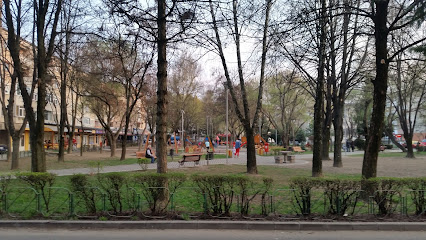
Satu Mare Chain Church
Explore the stunning Satu Mare Chain Church, a jewel of Reformed architecture with rich history in the heart of Romania's charming city.
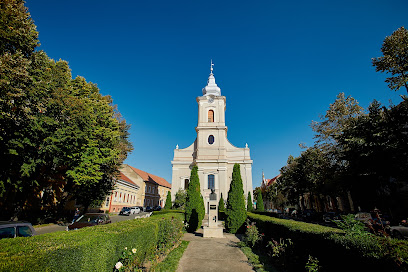
UFO Skate Park
Discover the thrill of skateboarding at UFO Skate Park in Bazin, Satu Mare, where adventure and community come together in a vibrant atmosphere.
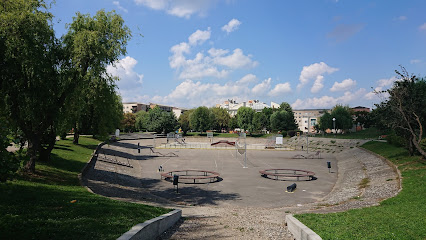
Satu Mare Great Temple Synagogue
Explore the architectural beauty and rich history of the Satu Mare Great Temple Synagogue, a must-visit cultural landmark in Romania.
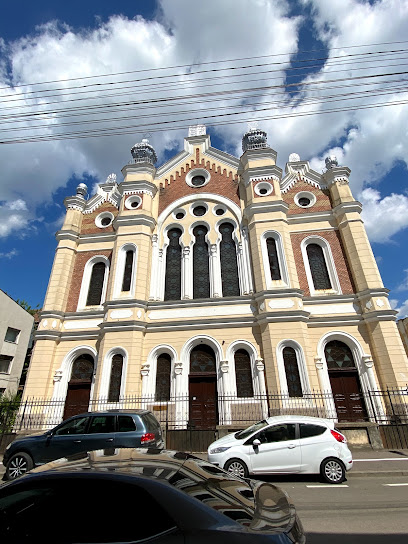
Art Museum
Explore the Art Museum in Satu Mare, a cultural gem showcasing a diverse collection of art from local and international artists.
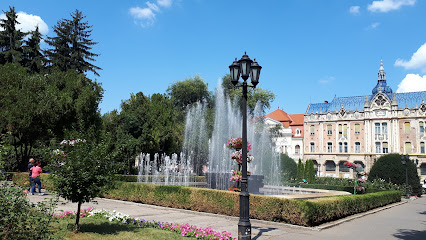
Cloșca Park
Immerse yourself in nature at Cloșca Park, a green oasis in Satu Mare perfect for relaxation and outdoor activities.
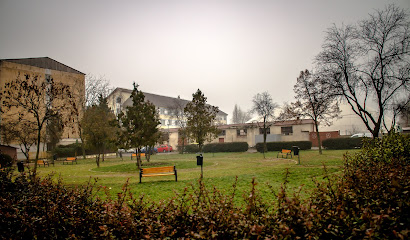
Ecocentru Magia Someșului
Explore the natural wonders and cultural heritage at Ecocentru Magia Someșului, a must-visit tourist attraction in Odoreu, Romania.
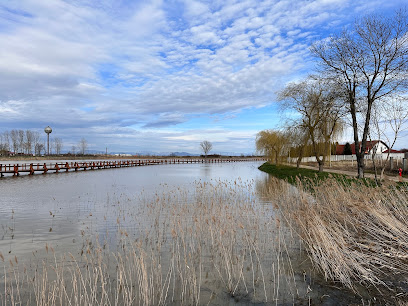
Parcul Cloșca
Experience the serene beauty of Parcul Cloșca, a lush urban park in Satu Mare, perfect for relaxation, picnics, and family outings.
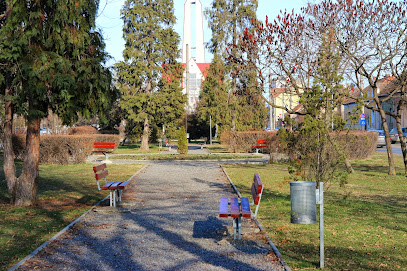
Dacia Romanian Museum
Explore Romania's rich cultural heritage at the Dacia Romanian Museum, a must-visit destination for history enthusiasts in Satu Mare.
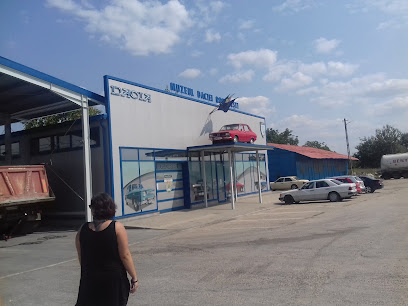
Parcul Cubic
Explore the serene beauty of Parcul Cubic in Satu Mare, a perfect escape for nature lovers and families seeking relaxation in a scenic park.
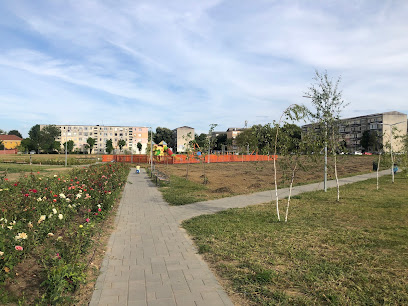
Essential places to dine
Restaurant Tei
Experience the best of Romanian cuisine at Restaurant Tei in Satu Mare – where culinary excellence meets local tradition.
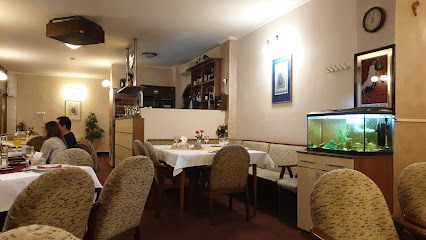
No Pardon Pub
Discover the heart of Satu Mare at No Pardon Pub, where traditional flavors meet modern hospitality in a vibrant setting.
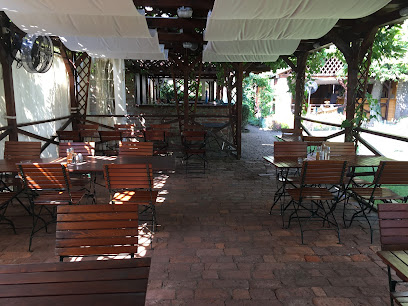
City Bistro
Discover the flavors of Romania at City Bistro in Satu Mare - where local cuisine meets modern dining in an inviting atmosphere.
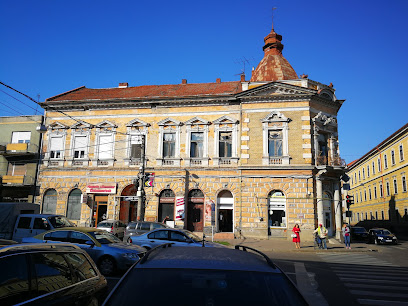
Hanu lui Gică
Experience authentic Romanian cuisine and warm hospitality at Hanu lui Gică, your perfect retreat in Satu Mare.
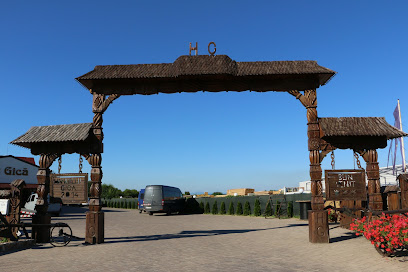
Vila Class
Discover Vila Class: A premier restaurant and hotel in Satu Mare offering exquisite cuisine and luxurious accommodations for an unforgettable experience.
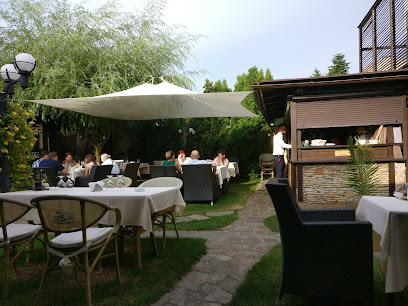
Manila
Savor authentic Filipino flavors at Manila Restaurant in Satu Mare - where culinary tradition meets modern dining experiences.
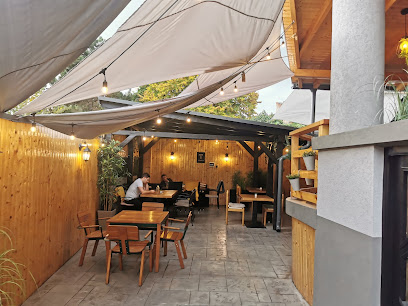
Restaurant Capricci
Experience the rich flavors of Satu Mare at Restaurant Capricci – where every meal is a celebration of culinary excellence.
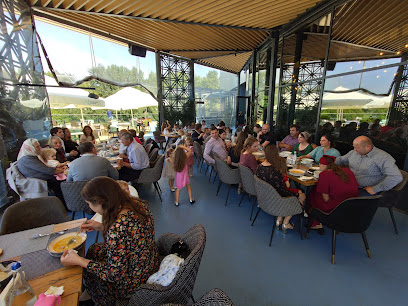
Restaurant Pizzeria Class
Experience authentic Italian flavors at Restaurant Pizzeria Class in Satu Mare - where delicious pizza meets warm hospitality.
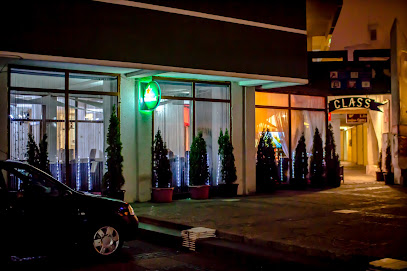
Restaurant K10
Discover the flavors of Romania at Restaurant K10 in Satu Mare - where tradition meets innovation in every dish.
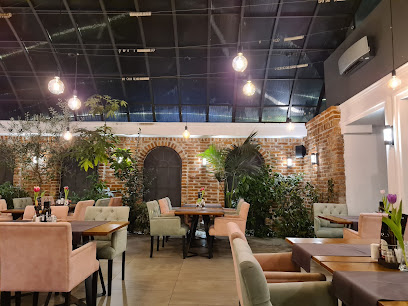
Cinque Bistro
Experience authentic Romanian cuisine with a modern twist at Cinque Bistro in Satu Mare.
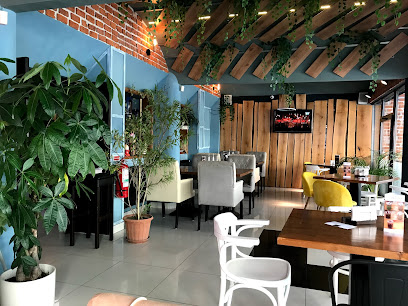
The Dome
Experience exquisite dining at The Dome in Satu Mare—where local flavors meet international cuisine in an elegant atmosphere.
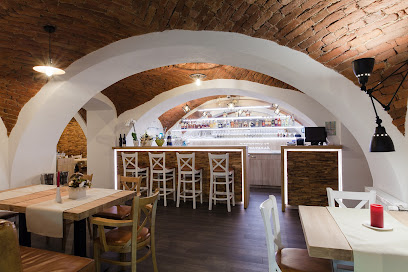
Moara cu Noroc
Experience authentic Romanian cuisine at Moara cu Noroc in Satu Mare – where tradition meets taste in every dish.
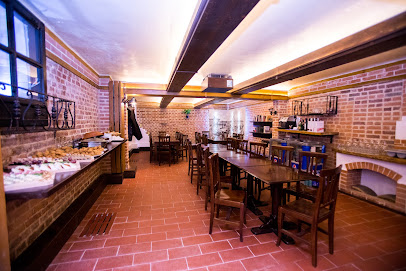
Restaurant Miorița
Experience the rich flavors of Romanian cuisine at Restaurant Miorița in Satu Mare – where every meal is a celebration of taste.
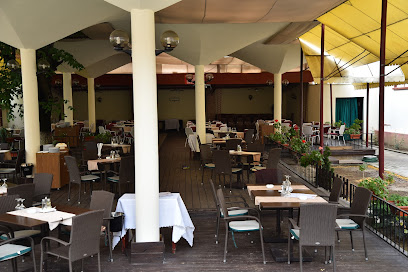
Arezzo Bistro
Savor authentic Italian cuisine at Arezzo Bistro in Satu Mare – where every meal is a celebration of flavor.
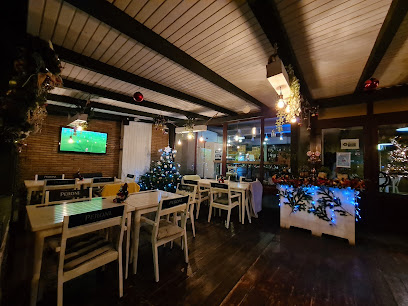
Restaurant Loren's
Experience authentic Romanian cuisine blended with modern flair at Restaurant Loren's in Satu Mare.
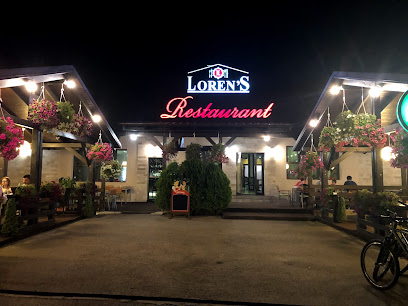
Markets, malls and hidden boutiques
Shopping City Satu Mare
Discover Shopping City Satu Mare, a vibrant retail hub filled with shops, dining, and entertainment in the heart of Satu Mare, Romania.
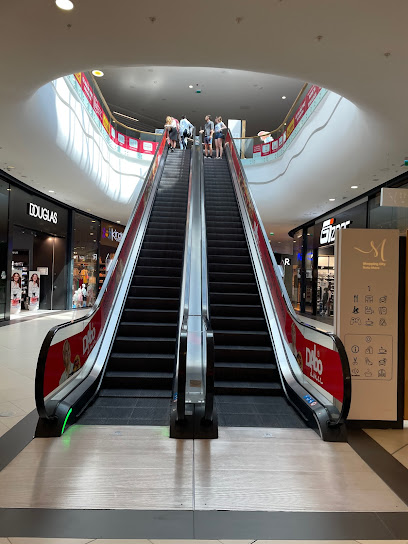
Satu Mare Shopping Plaza
Explore Satu Mare Shopping Plaza, a vibrant shopping hub in Romania offering diverse stores, delicious dining, and family-friendly entertainment.
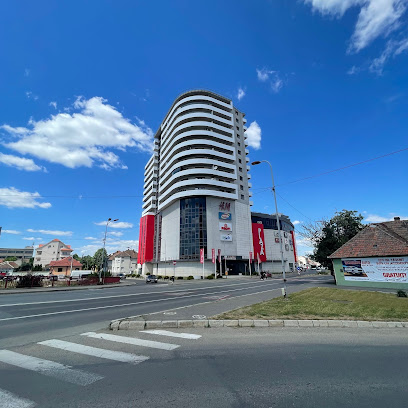
Aushopping
Explore Aushopping in Satu Mare: A vibrant shopping mall featuring diverse stores, dining options, and entertainment for a perfect day out.
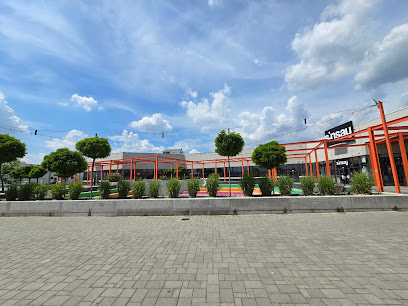
H&M
Explore H&M in Satu Mare for stylish, affordable clothing for men, women, and children, capturing the essence of modern fashion.
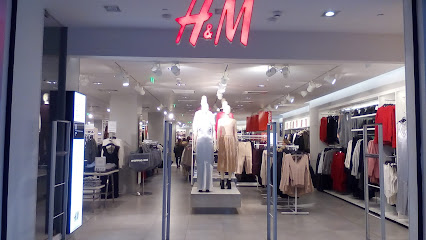
Magazin Smart Shop
Explore the vibrant flavors of Romania at Magazin Smart Shop, Satu Mare's premier grocery store offering fresh produce and local delicacies.
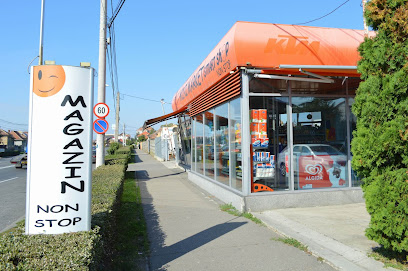
JYSK
Explore JYSK in Satu Mare for stylish furniture, bedding, and outdoor solutions to elevate your home decor experience.
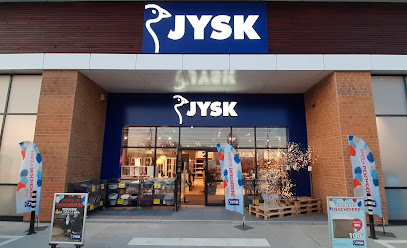
Happy Shop
Explore Happy Shop in Satu Mare for an unforgettable shopping and dining experience in the heart of Romania.
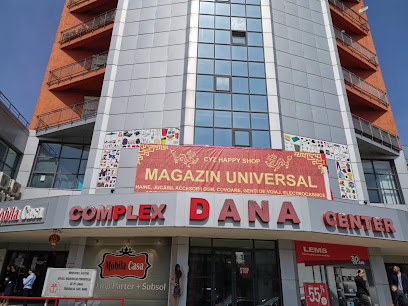
Zidul Chinezesc
Discover unique styles and exceptional fashion at Zidul Chinezesc in Satu Mare, a clothing store that blends local flair with international trends.
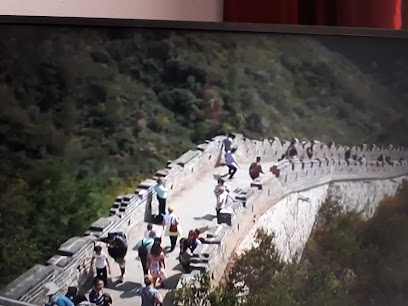
Retrolibris
Explore the enchanting world of literature at Retrolibris, Satu Mare's premier bookstore, offering a diverse selection and a cozy atmosphere.
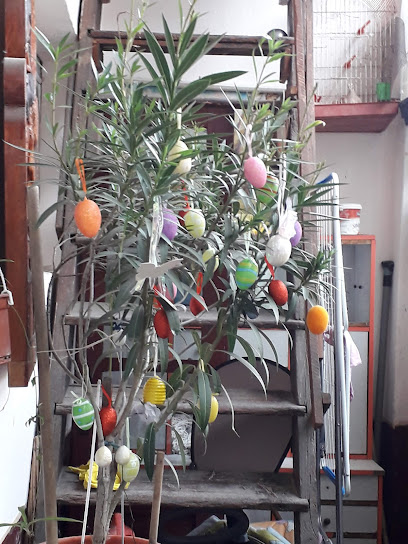
C&C Shop
Explore the exquisite craftsmanship at C&C Shop, Satu Mare's premier jeweler, offering unique and handcrafted jewelry pieces for every taste.
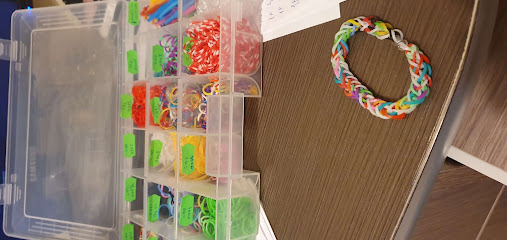
Magazin Imbracaminte Second Hand - Textile House Romania
Discover Sustainable Style at Textile House Romania - Your Go-To Second-Hand Clothing Store in Satu Mare.
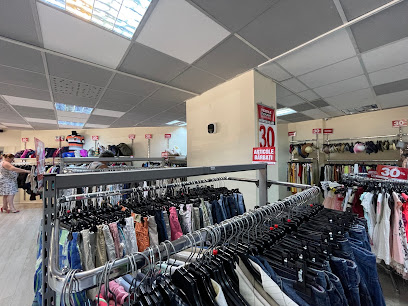
In Street
Discover the latest trends in athletic apparel at In Street, Satu Mare's premier sportswear destination for fitness enthusiasts and casual shoppers.

Magdalena Gift
Explore the charm of Satu Mare at Magdalena Gift, your go-to destination for unique souvenirs, local handicrafts, and delightful gifts.
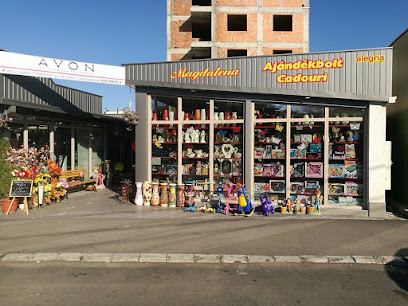
Bazar Shop
Explore Bazar Shop in Satu Mare for unique gifts and local crafts that beautifully represent Romanian culture and artistry.
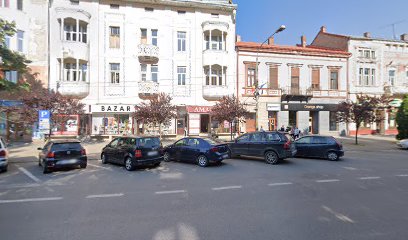
Magazin ADIDAS
Discover the latest athletic and casual wear at Magazin ADIDAS in Satu Mare, where style meets quality in a vibrant shopping experience.
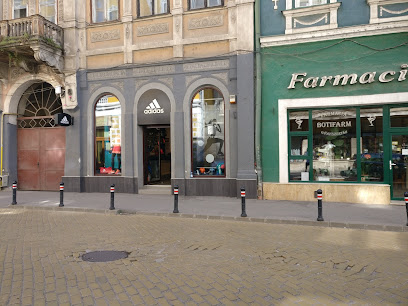
Essential bars & hidden hideouts
Moose
Discover the lively Moose Bar in Satu Mare, where great drinks and a cozy atmosphere meet for an unforgettable experience.
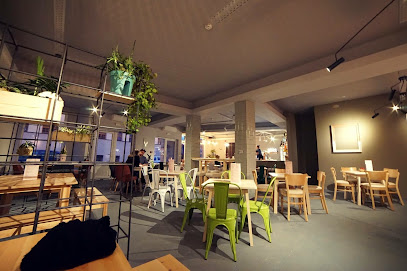
Old Place
Experience the charm of Old Place in Satu Mare, where local flavors, cozy ambiance, and friendly service come together for an unforgettable dining experience.
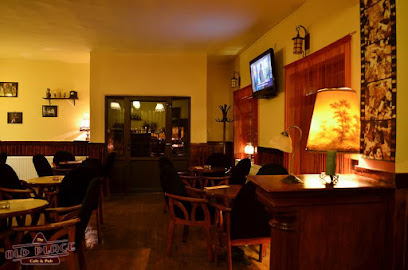
Red Hat YARD
Discover the vibrant nightlife of Satu Mare at Red Hat YARD, where great drinks and friendly vibes await every visitor.
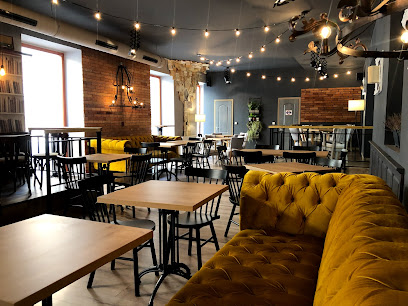
The Score Pub
Discover vibrant nightlife at The Score Pub, a lively destination in Satu Mare with great drinks, live music, and a welcoming atmosphere.
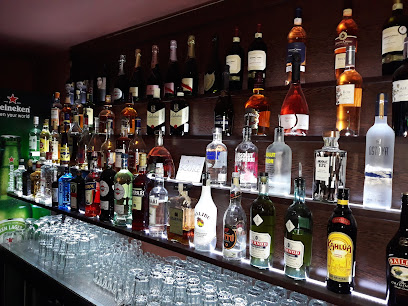
Vegas Club Cafe & Play
Discover the lively nightlife at Vegas Club Cafe & Play, a vibrant bar in Satu Mare perfect for cocktails, entertainment, and unforgettable experiences.
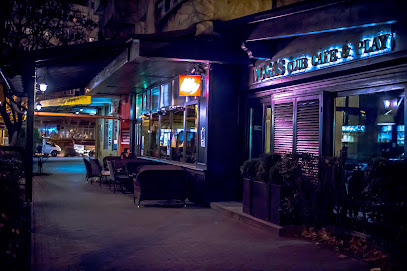
Mustang
Discover the culinary treasures of Mustang in Satu Mare, where delicious grilled dishes and a friendly atmosphere await every visitor.
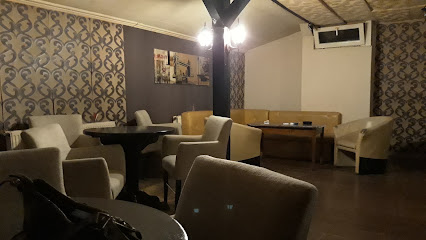
Gravel Garden
Discover the lively ambiance and diverse drink selection at Gravel Garden, the perfect bar for relaxation and socializing in Satu Mare.
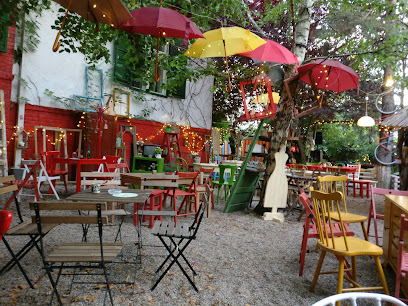
Campionii
Experience the vibrant nightlife of Satu Mare at Campionii, the premier bar for locals and tourists alike, offering an extensive drink menu and lively atmosphere.
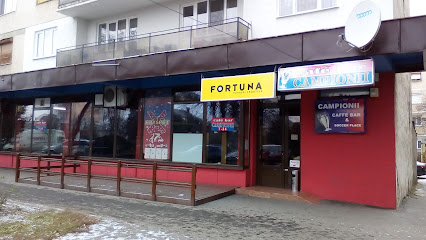
Yoda Yoga
Discover the unique charm of Yoda Yoga in Satu Mare, where relaxation meets social fun in a vibrant pub setting.
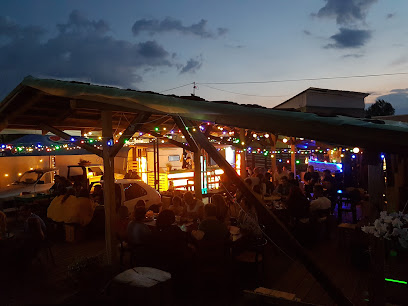
Salcâmul
Experience the charm of Salcâmul, a cozy bar and café in Satu Mare, where local flavors and a warm atmosphere await every visitor.
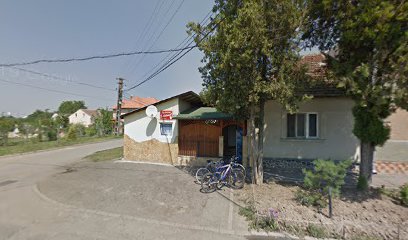
Rothrose
Discover Rothrose, a cozy bar in Satu Mare offering a delightful selection of beverages and a warm atmosphere, perfect for unwinding after exploring the city.
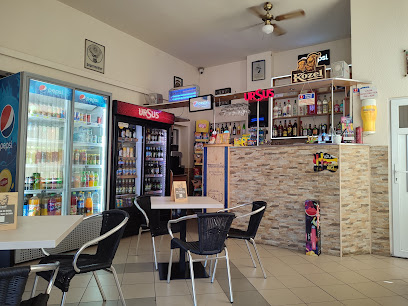
Havana Bar
Discover the vibrant nightlife of Satu Mare at Havana Bar, where lively ambiance and exquisite drinks await every visitor.
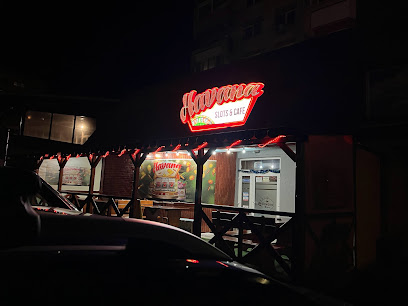
DiVino by Ciprian Cocktail Bar
Experience the finest cocktails in Satu Mare at DiVino by Ciprian, where artistry meets flavor in an inviting atmosphere.

Tyson Bar
Discover the lively charm of Tyson Bar in Satu Mare, where vibrant drinks meet a welcoming atmosphere for an unforgettable night out.
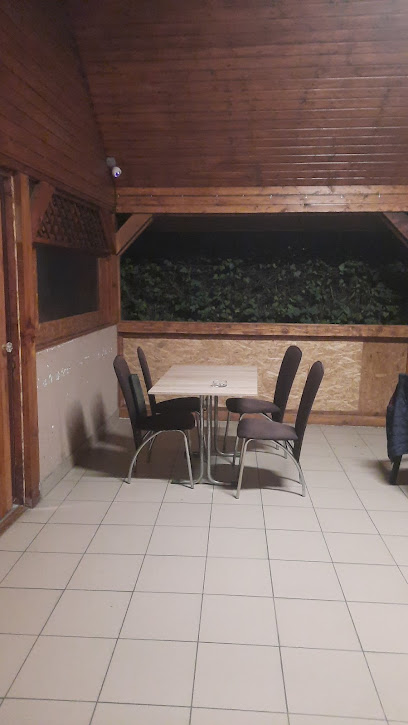
Local Phrases
-
- HelloBună ziua
[boo-nuh zee-wah] - GoodbyeLa revedere
[lah reh-veh-deh-reh] - YesDa
[dah] - NoNu
[noo] - Please/You're welcomeTe rog
[teh rohg] - Thank youMulțumesc
[mool-tsoo-mesk] - Excuse me/SorryScuzați-mă
[skoo-zah-tsee muh] - How are you?Ce faci?
[cheh fahch] - Fine. And you?Bine. Și tu?
[bee-neh. shee too] - Do you speak English?Vorbiți engleză?
[vor-beetsee en-gle-zah] - I don't understandNu înțeleg
[noo in-tseh-leg]
- HelloBună ziua
-
- I'd like to see the menu, pleaseAș dori să văd meniul, vă rog
[ush doh-ree suh vad meh-nyool, vuh rohg] - I don't eat meatNu mănânc carne
[noo muh-nuhnk kahr-neh] - Cheers!Noroc!
[noh-rohk] - I would like to pay, pleaseAș dori să plătesc, vă rog
[ush doh-ree suh pluh-tesk, vuh rohg]
- I'd like to see the menu, pleaseAș dori să văd meniul, vă rog
-
- Help!Ajutor!
[ah-yoo-tohr] - Go away!Du-te!
[doo-teh] - Call the Police!Sunați Poliția!
[soo-nahts poh-lee-tsee-ah] - Call a doctor!Sunați un doctor!
[soo-nahts oon dohk-tohr] - I'm lostM-am pierdut
[mahm pyehr-doott] - I'm illSunt bolnav
[soont bohl-nav]
- Help!Ajutor!
-
- I'd like to buy...Aș dori să cumpăr...
[ush doh-ree suh koom-puhr] - I'm just lookingDoar mă uit
[dwahr muh ooit] - How much is it?Cât costă?
[kaht kohs-tuh] - That's too expensiveEste prea scump
[ehs-teh preh-ah skoomp] - Can you lower the price?Puteți să scădeți prețul?
[poo-tehts suh skuh-dehts prehtsool]
- I'd like to buy...Aș dori să cumpăr...
-
- What time is it?Cât este ora?
[kaht yeh-steh oh-rah] - It's one o'clockEste ora unu
[ehs-teh oh-rah oon-oo] - Half past (10)Jumătate după (10)
[zhoo-muh-tah-teh doo-puh (doh-ysh)] - MorningDimineața
[dee-mee-neh-tsah] - AfternoonDupă-amiază
[doo-puh ah-mee-ah-zah] - EveningSeara
[seh-ah-rah] - YesterdayIeri
[yehr] - TodayAstăzi
[ah-stuhz] - TomorrowMâine
[muhy-neh] - 1Unu
[oo-noo] - 2Doi
[doy] - 3Trei
[treh-ee] - 4Patru
[paht-roo] - 5Cinci
[cheenk] - 6Șase
[shah-seh] - 7Șapte
[shahp-teh] - 8Opt
[ohpt] - 9Nouă
[noo-wuh] - 10Zece
[zeh-cheh]
- What time is it?Cât este ora?
-
- Where's a/the...?Unde este unul/o...
[oon-deh yeh-steh oon-ool/oh] - What's the address?Care este adresa?
[kah-reh yeh-steh ah-dre-sah] - Can you show me (on the map)?Puteți să-mi arătați (pe hartă)?
[poo-tehts suh-mee ah-rah-tahts (peh hahr-tuh)] - When's the next (bus)?Când este următorul (autobuz)?
[kahnd yeh-steh oor-muh-toh-rool (ow-toh-booze)] - A ticket (to ....)Un bilet (către ....)
[oon bee-let (kuh-treh)]
- Where's a/the...?Unde este unul/o...
History of Satu Mare
-
The area around Satu Mare has been inhabited since ancient times, with archaeological evidence suggesting the presence of Dacian settlements dating back to the 2nd century BC. The region was a significant part of the Dacian Kingdom before it was conquered by the Roman Empire.
-
In the 10th century, Satu Mare became part of the Kingdom of Hungary. The town was first mentioned in historical records in 1181 under the name 'Szatmár'. During the medieval period, it developed as a prominent market town and was granted town privileges in 1230.
-
During the 16th and 17th centuries, Satu Mare was often caught in the crossfire of the wars between the Ottoman Empire and the Habsburg Monarchy. In 1711, the Treaty of Satu Mare was signed here, marking the end of the Kuruc War and solidifying Habsburg control over Transylvania.
-
With the establishment of the Austro-Hungarian Empire in 1867, Satu Mare experienced significant economic and cultural development. The town became a hub for trade and industry, attracting a diverse population including Romanians, Hungarians, Germans, and Jews.
-
During World War II, Satu Mare was ceded to Hungary following the Second Vienna Award in 1940. The Jewish community faced severe persecution, with many being deported to concentration camps. The town was liberated by Soviet forces in 1944.
-
After World War II, Satu Mare became part of Communist Romania. The town underwent industrialization and urbanization, with new factories and residential areas being built. Despite the challenges of the period, cultural and educational institutions continued to develop.
-
Following the Romanian Revolution of 1989, Satu Mare transitioned to a market economy. The town has since seen significant investment in infrastructure, tourism, and cultural preservation, becoming a vibrant part of Romania's modern landscape.
Satu Mare Essentials
-
Satu Mare is accessible by various means of transportation. The nearest international airport is Satu Mare International Airport (SMR), located about 14 kilometers from the city center. There are regular flights from major cities such as Bucharest. Alternatively, you can reach Satu Mare by train from Bucharest, Cluj-Napoca, or other major Romanian cities. The city is also well-connected by road, with buses and private car services available from various parts of the country.
-
Within Satu Mare, public transportation includes buses and taxis. The local bus network is extensive and covers most areas of the city. Taxis are also readily available, but make sure to use reputable companies or apps to avoid being overcharged. For those who prefer to drive, car rental services are available, providing a convenient option for exploring the surrounding areas.
-
The official currency in Romania is the Romanian Leu (RON). Credit and debit cards are widely accepted in hotels, restaurants, and larger shops. However, it's advisable to carry some cash, particularly for small purchases or in rural areas. ATMs are widely available throughout Satu Mare, so withdrawing cash should not be an issue.
-
Satu Mare is generally a safe city for tourists. However, it is advisable to take standard precautions. Avoid walking alone at night in unfamiliar areas and be vigilant about your belongings in crowded places. While there are no specific high-crime areas targeting tourists, it is always best to stay aware and cautious.
-
In case of emergency, dial 112 for immediate assistance. This number connects you to emergency services including police, fire brigade, and medical assistance. Satu Mare has several medical facilities, including the Satu Mare County Hospital. It is recommended to have travel insurance that covers medical emergencies. Pharmacies are also available for minor health issues and over-the-counter medications.
-
Fashion: Do dress modestly, especially when visiting religious sites. Avoid overly casual attire in formal settings. Religion: Do respect local customs and traditions. When visiting churches, dress conservatively and keep noise to a minimum. Public Transport: Do be respectful and offer your seat to elderly passengers. Don’t eat or drink on public transport. Greetings: Do greet people with a handshake and maintain eye contact. A simple 'Bună ziua' (Good day) is a polite greeting. Eating & Drinking: Do try local dishes and accept food offerings graciously. Don’t refuse hospitality, as it can be considered impolite.
-
To experience Satu Mare like a local, visit the Central Market (Piața Mare) where you can buy fresh produce and local products. Engage with locals, who are often friendly and willing to share stories about the area's history and culture. Don’t miss the opportunity to explore the historic architecture, such as the Firemen's Tower and the Roman Catholic Cathedral. For a unique experience, visit during local festivals such as the Satu Mare Days to enjoy traditional music, dance, and food.
Nearby Cities to Satu Mare
-
Things To Do in Baia Mare
-
Things To Do in Mukachevo
-
Things To Do in Nyiregyhaza
-
Things To Do in Debrecen
-
Things To Do in Uzhhorod
-
Things To Do in Cluj-Napoca
-
Things To Do in Košice
-
Things To Do in Miskolc
-
Things To Do in Prešov
-
Things To Do in Ivano-Frankivsk
-
Things To Do in Eger
-
Things To Do in Arad
-
Things To Do in Deva
-
Things To Do in Sighisoara
-
Things To Do in Salgotarjan













